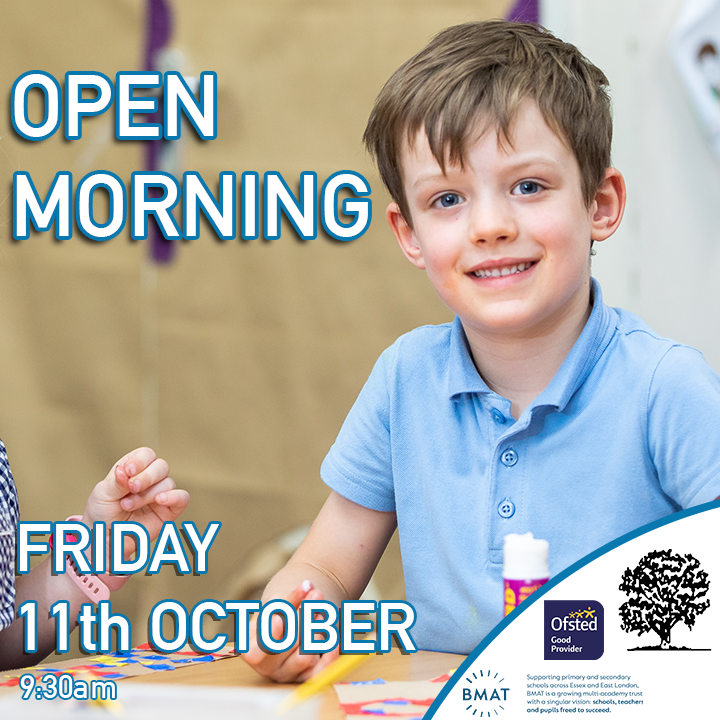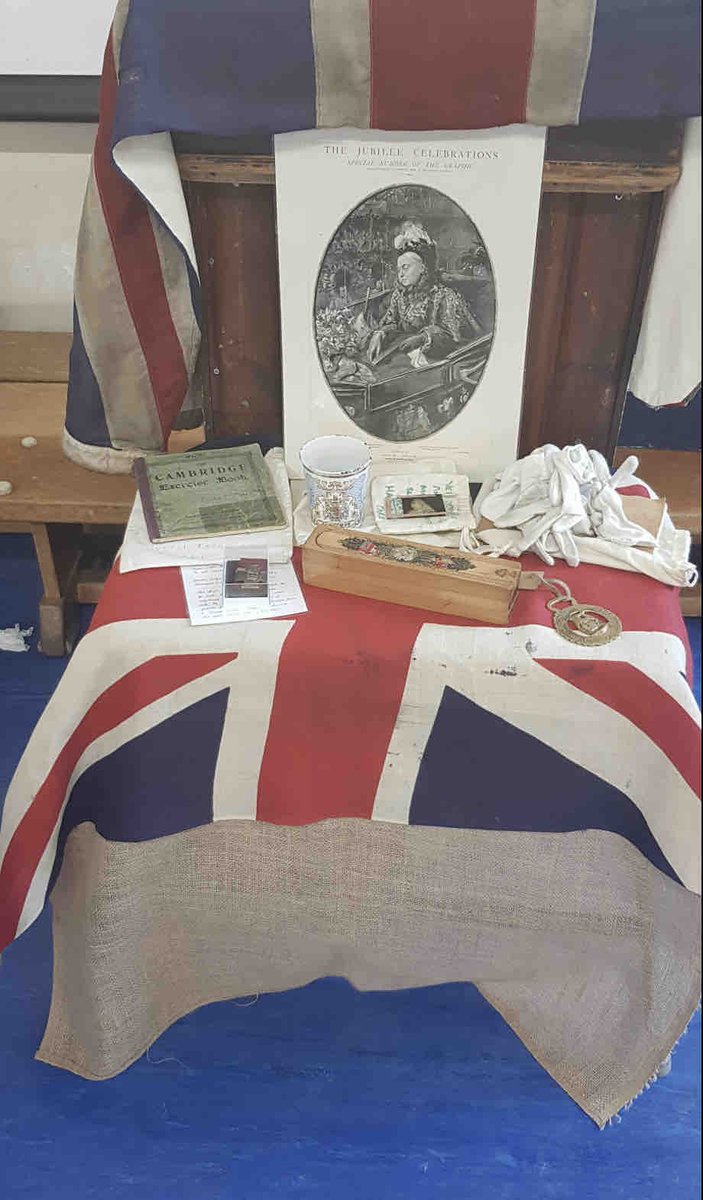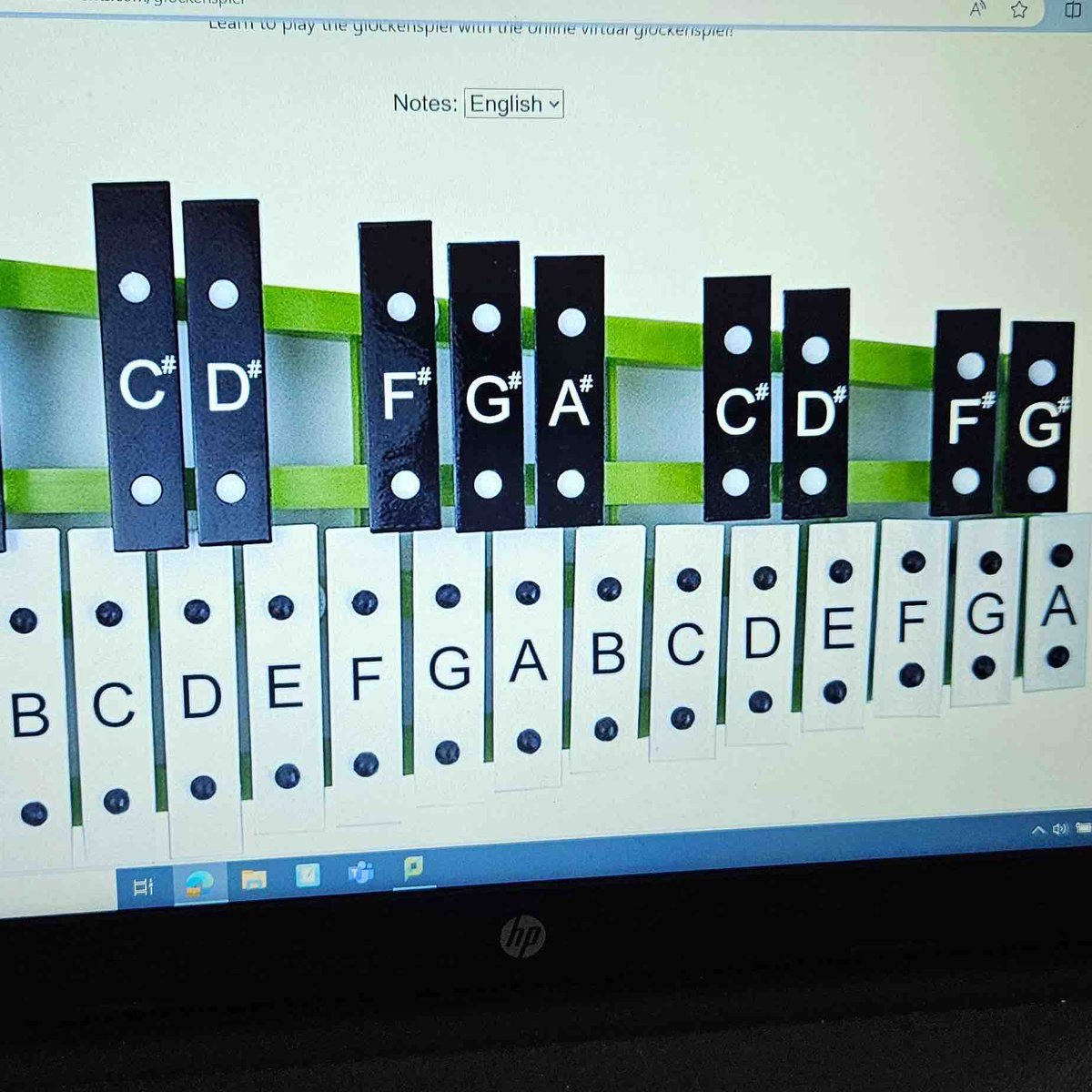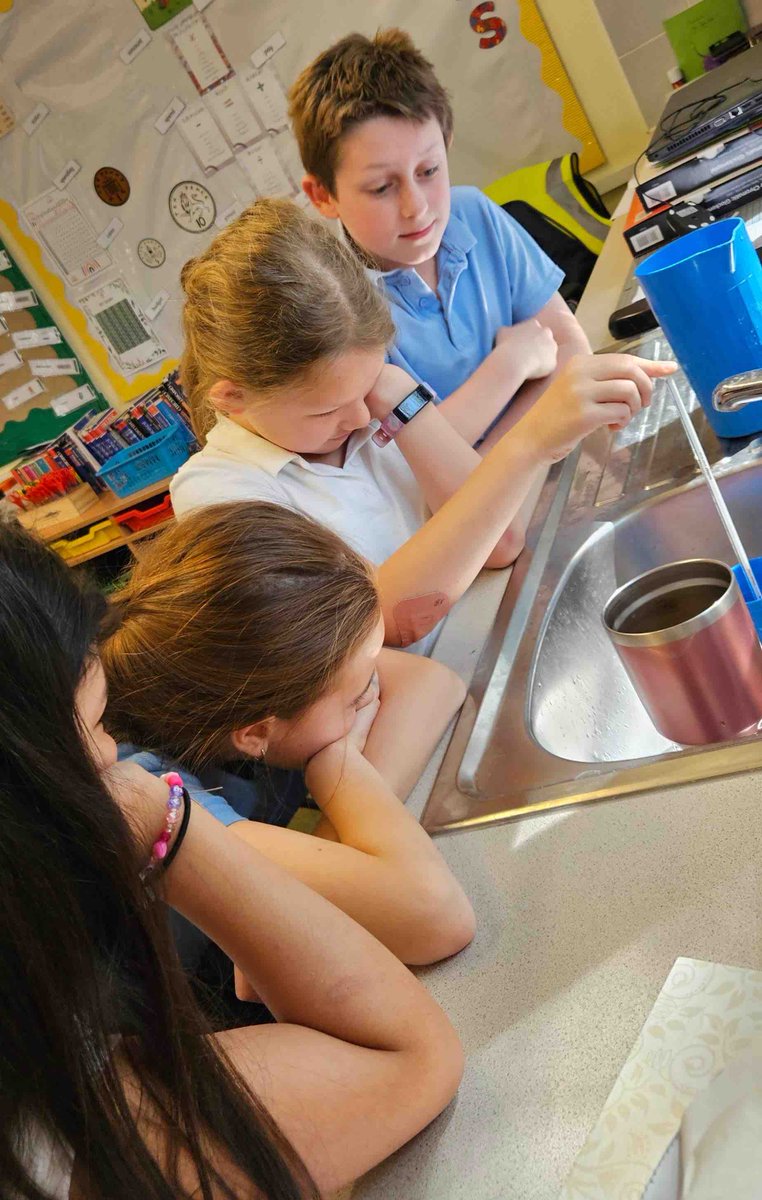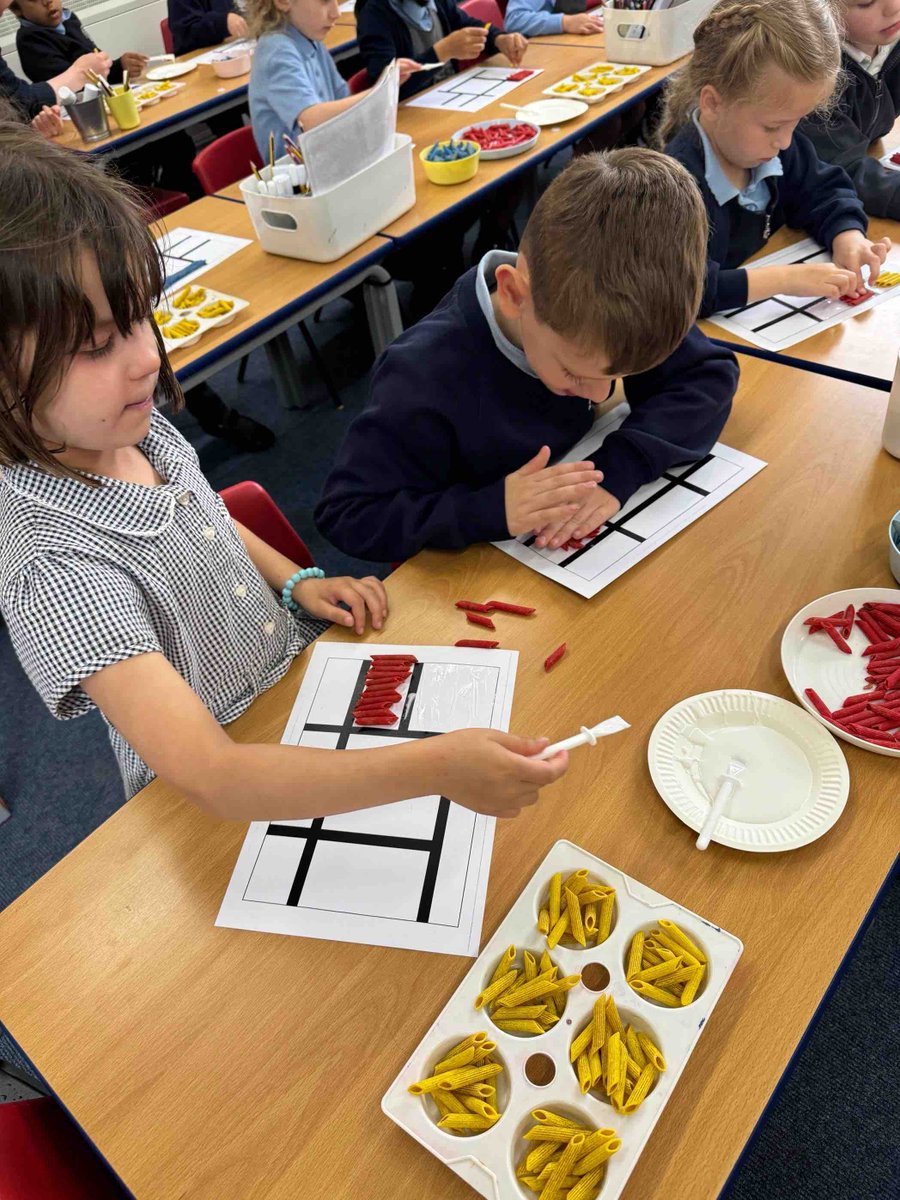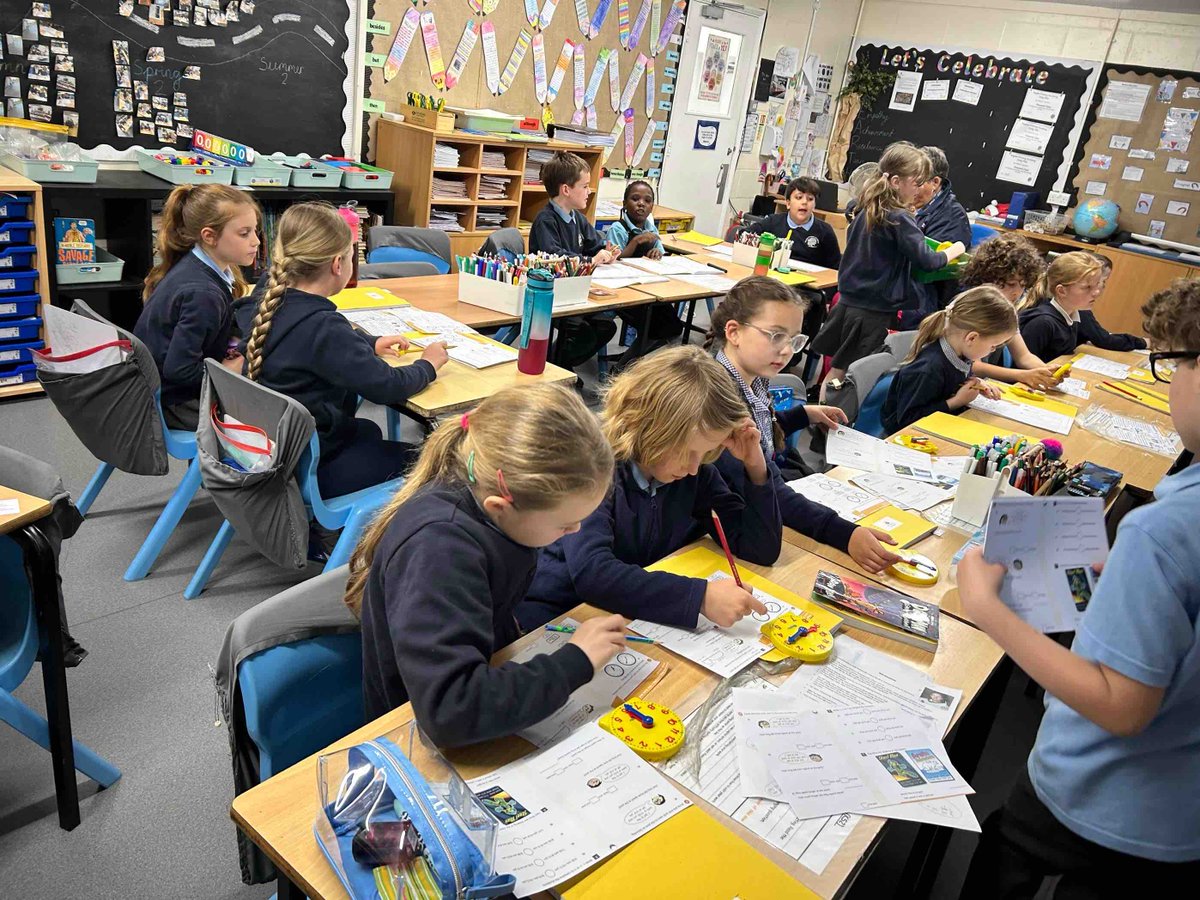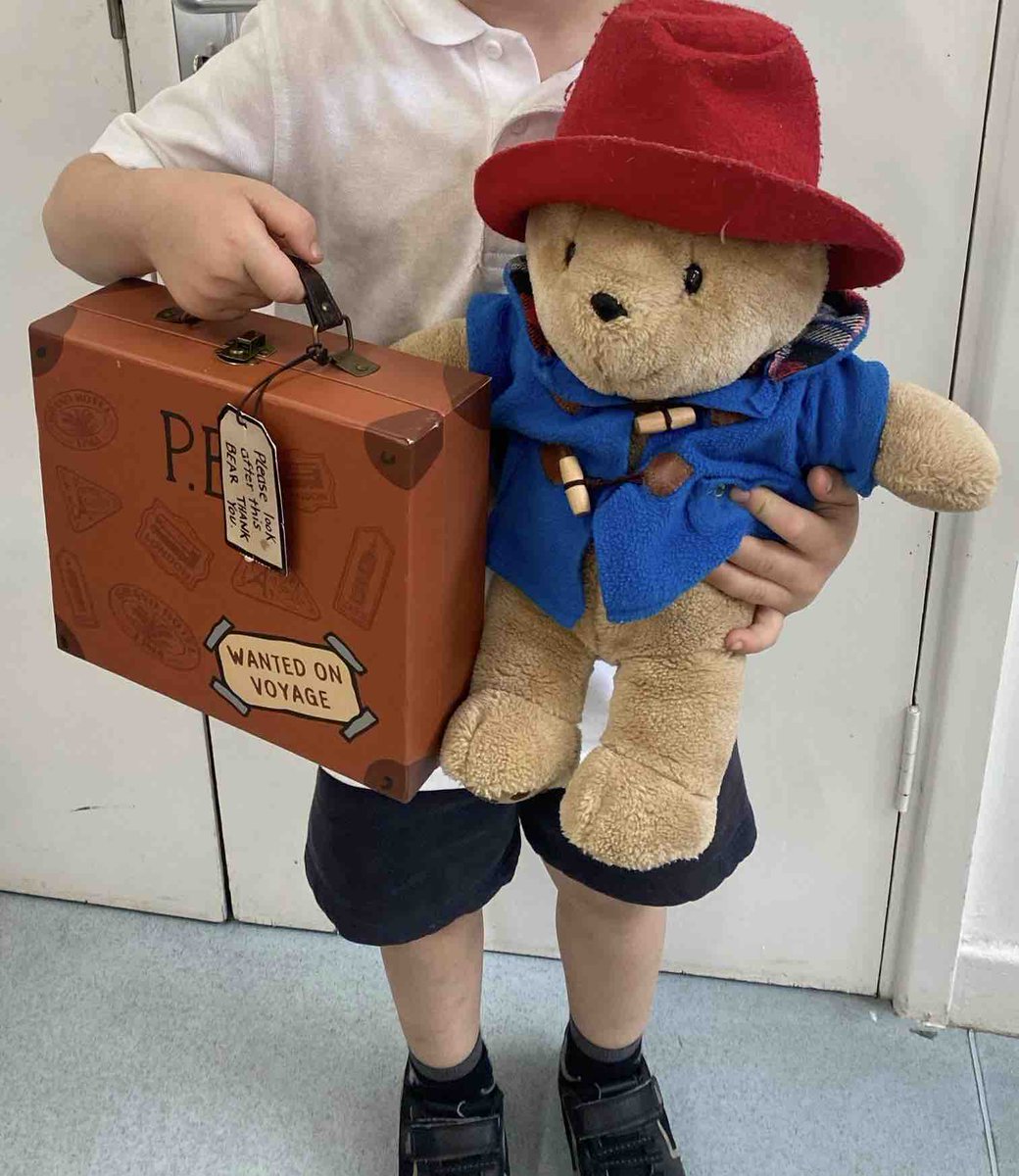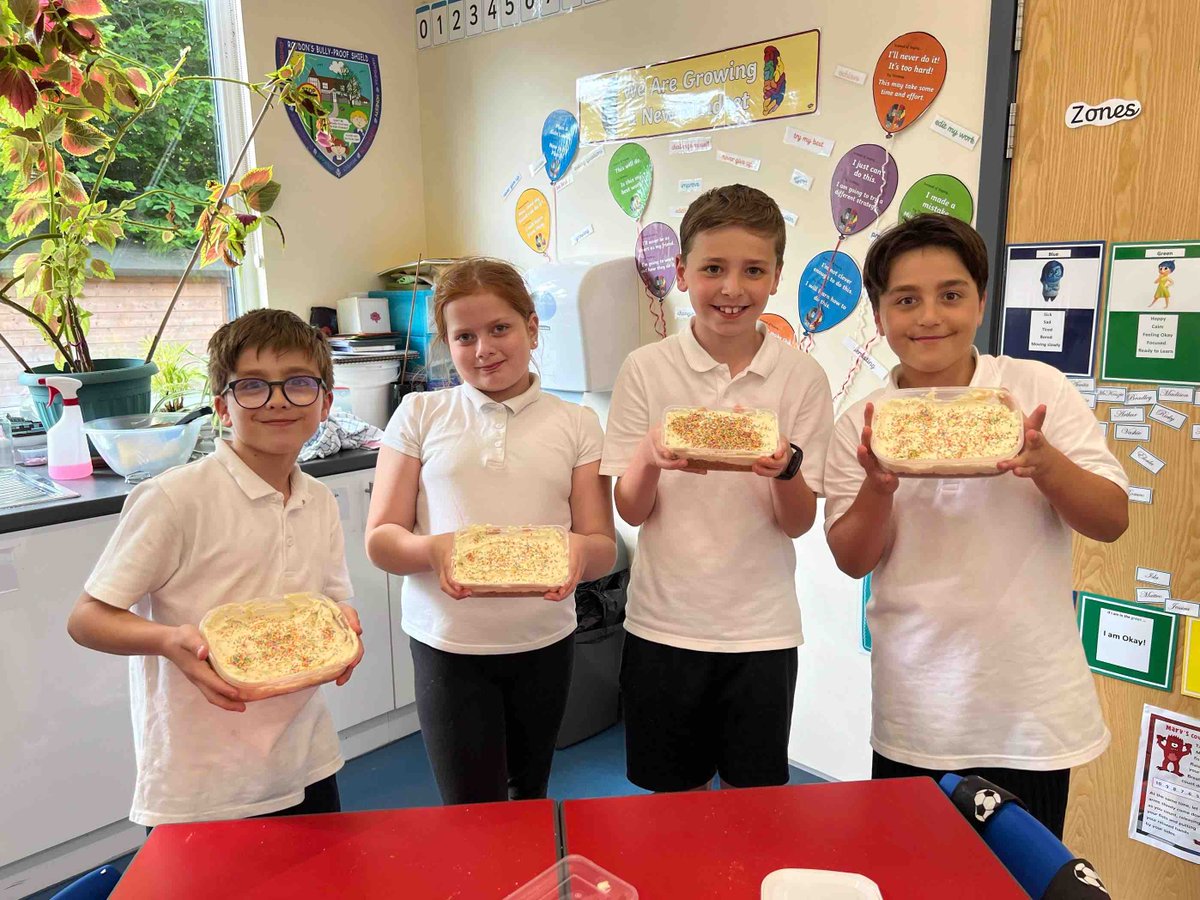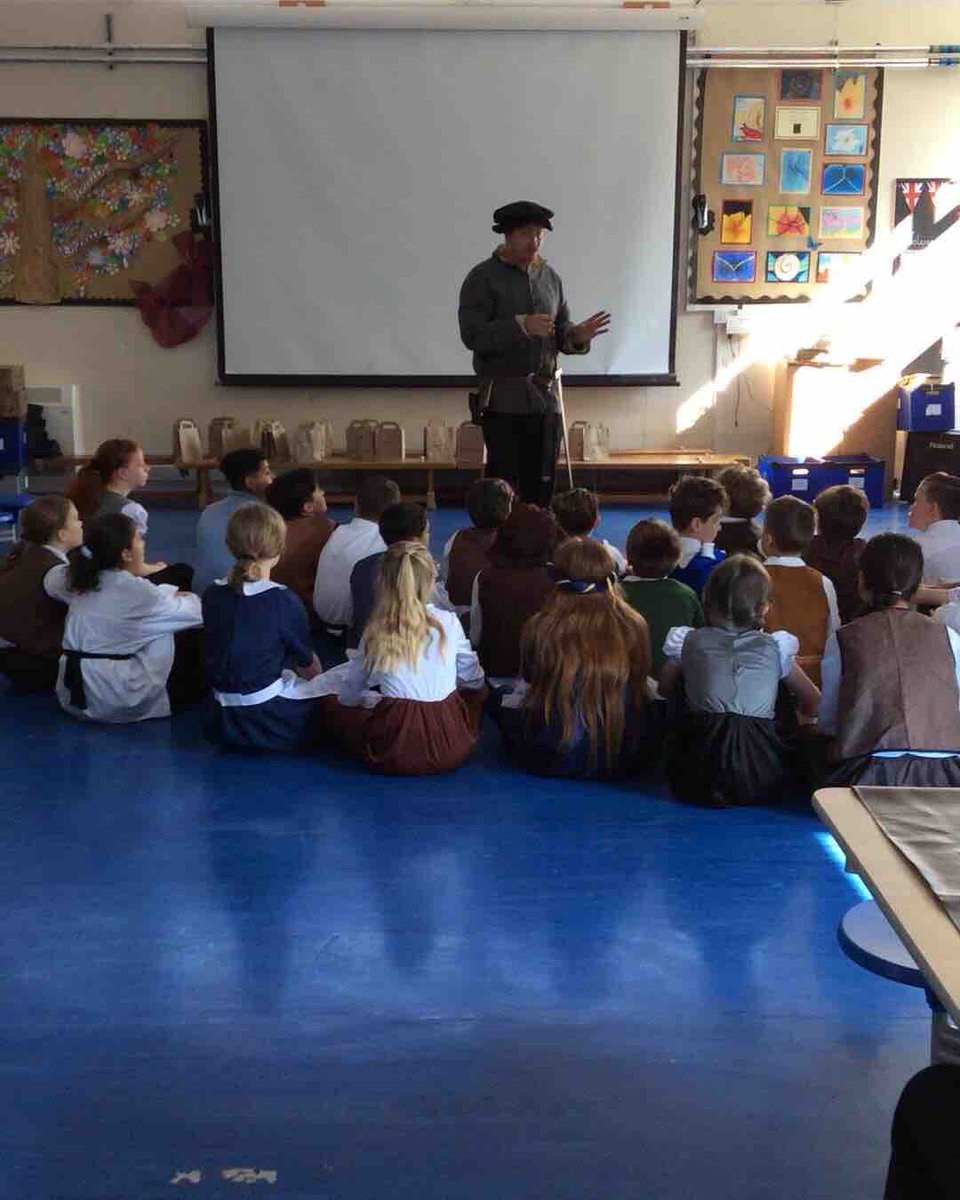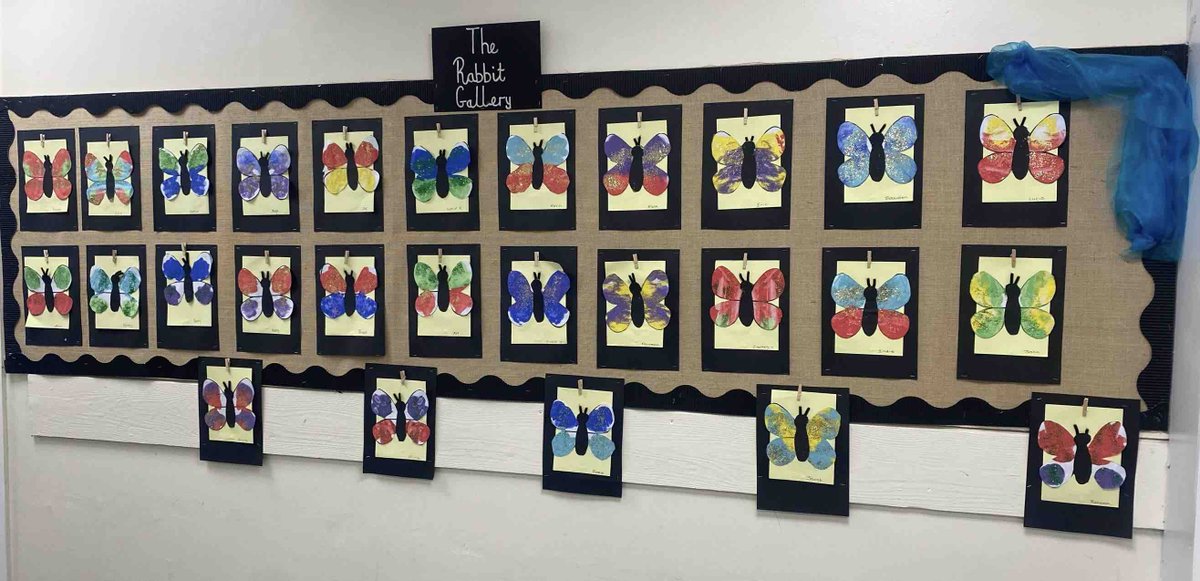Curriculum
Our Curriculum at Roydon Primary Academy
At Roydon Primary Academy, we believe every child deserves the opportunity to thrive — academically, socially and personally. Our curriculum is designed to unlock potential, spark curiosity and nurture the whole child. We aim to provide an excellent education that supports both high academic achievement and personal growth.
We create a safe, happy, and stimulating environment where children feel confident to take risks, explore new ideas, and celebrate their own and each other’s successes.
A Broad and Balanced Education
Our curriculum meets all the expectations of the National Curriculum and goes much further. It is carefully designed to:
- Build strong foundations in core subjects: English, Maths, and Science
- Offer a rich variety of foundation subjects including:
- Art and Design
- Computing
- Design and Technology
- French (KS2)
- Geography
- History
- Music
- Physical Education
- Religious Education
Beyond this, we offer a wide range of learning experiences through trips, visitors and experience days, to help children explore their interests, develop important life skills, and grow into well-rounded, respectful young people.
ROOTS Values
Our school values are the foundation of everything we do. At Roydon, we grow from our ROOTS:
R - Respect: We are kind, we care for the world around us, and we value each other.
O - Open-mindedness: We listen, we learn, and we grow.
O - Originality: We express who we are, safely and proudly.
T - Team: Everyone contributes, everyone belongs.
S - Success: We embrace challenges and are proud of our journey.
These values guide how we learn, behave, and support one another every day.
Personal Development and Life Skills
Our curriculum supports children’s social, moral, spiritual, and cultural development. We prioritise:
- PSHE (Personal, Social, Health and Economic Education) and RSE (Relationships and Sex Education), taught through the 1Decision programme
- Encouraging positive mental and physical health
- Teaching British Values such as democracy, rule of law, individual liberty, and mutual respect and tolerance of others
Children also learn about the 9 Protected Characteristics as part of their understanding of equality and respect for others. These include:
Age
Disability
Gender reassignment
Marriage and civil partnership
Pregnancy and maternity
Race
Religion or belief
Sex
Sexual orientation
We teach these sensitively and appropriately, using our professional judgement to tailor lessons to each age group’s needs.









